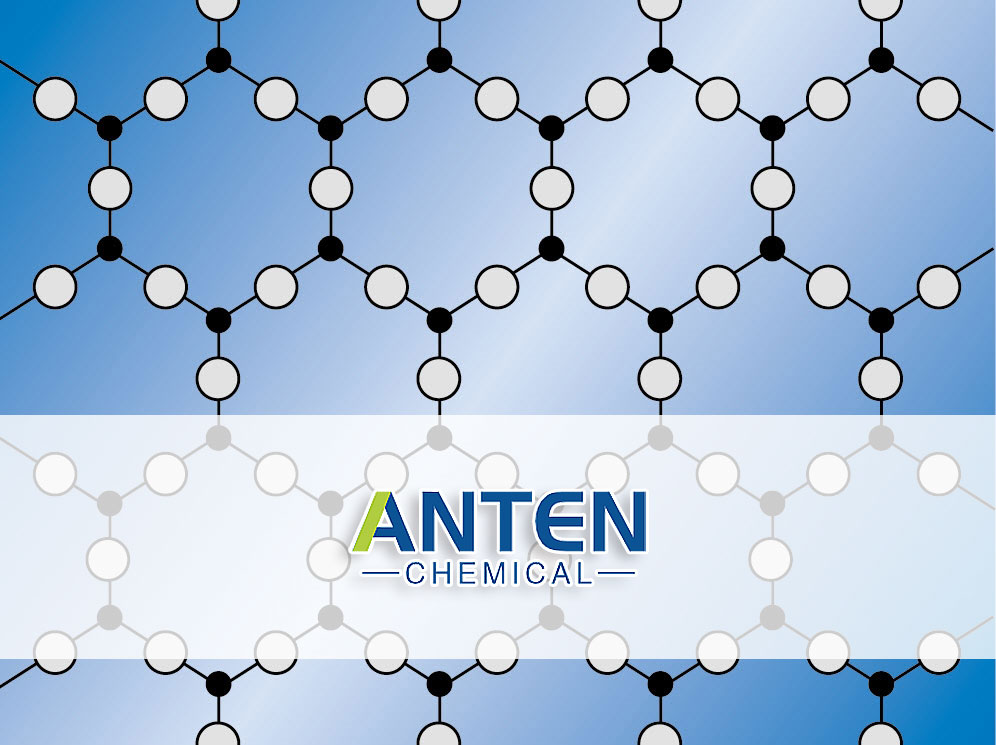This page will help you understand the quality of precipitated silica…..

Precipitated Silica
Physico Chemical Characteristics
BET Surface area
Brunauer, Emmett, and Teller developed the process of calculating the surface area of precipitated silica. This method of calculating the surface area is popularly known as BET surface area.
pH value
The pH value of precipitated silica is generally in the neutral range. It is determined electrometrically with a glass electrode and pH meter.
Drying loss
There is a very small amount of physically bonded water content in precipitated silica. The major part of this water content is removed by drying in a drying cabinet at 105oC for 2 hours.
Ignition Loss
Precipitated silica contains chemically bonded water in the form of silanol groups is also removed after 2 hours of ignition time at 1000oC. The ignition loss is determined with the substance that has previously been dried for 2 hours at 105oC.
SiO2 content
Silicon dioxide content is determined gravimetrically by fuming off with hydrofluoric acid. The sulfate and chloride contents are determined by potentiometric titration.
SIEVE residue
SIEVE residue is determined by using the Mocker apparatus. In this process, the silica suspension is washed through the sieve with 4 bar water pressure. 45-micron sieves (325 mesh) are used for this process. The sieve is then dried and the sieve residue is weighed.
Tamped density
The tamped density is calculated from the initial weight of the sample and the resulting volume, reported in g/l. It is used for the purpose of calculating the weight of the product in powder form.
DBP absorption
The DBP absorption is a numerical value used to indicate the absorptive capacity of the filler. Owing to the automatic measurement process, however, this method can be carried out more accurately than the determination of the oil absorption. The DBP absorption capacity is influenced by other parameters, such as particle size and mesh size.
